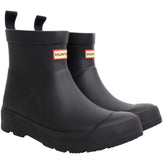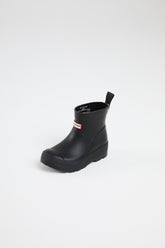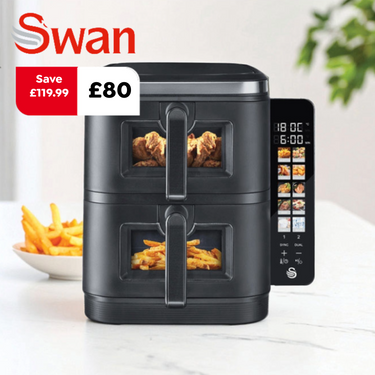How To: Grow Vegetables, Beginners Guide 🥕 🍅 🥦
There really is nothing quite like the taste of fresh veggies, especially if you’ve grown them yourself. Growing your own vegetables can be super rewarding, healthy and fun. It may seem daunting at first, not knowing where and how to start. Then there is the task of deciding what to grow? Carrots, onions, courgettes? While it’s a good idea to grow what you like to eat and cook, it’s worth selecting the right vegetables based on how easy the crop is to grow. It’s best to grow vegetables which require little maintenance and not as prone to pests and disease such as courgettes, beans, beetroot and rocket.
Our how to guide will cover the basics of vegetable gardening, including how to pick the right location, choosing the right size plot in your garden, choosing your vegetables, when and where to plant; as well as growing vegetables in pots or planters and even hanging baskets.

1. Pick the right location
Picking the right location for your vegetable garden is key. Choose a sunny, sheltered spot, there are some exceptions to this rule, such as salad leaves and herbs but a good general rule of thumb. Try to avoid areas which have strong winds and could knock over your plants and spoil your crop.
2. Prepare the soil
Prepare your soil by removing any weeds. You’ll need nutrient rich soil to feed your plants so be sure to mix in plenty of organic matter to help them grow. View our collection of garden tools and equipment online including garden care products such as plant food and lawn care.

3. Size and space
Only grow what you have space for and avoid planting to much, a common beginners mistake. If planting in the ground start with small plot, about 10’ x 10’ and pick around 3 or 5 vegetables to grow. If you don’t have a large garden you can always grow salad crops in window boxes, pots and planters.

4. Choose easy to grow veggies
Easy to grow vegetables include beans, carrots, rocket, courgettes, radish, chillies, potatoes, tomatoes, lettuce and peppers. Any of these would be a smart choice for novice growers. Be prepared to take care of your plants throughout the growing season. So if you’re a summer traveller than avoid plants that thrive in summer such as tomatoes and courgettes. Instead opt for cool-season crops such as lettuce, kale and root veggies. Top Tip: mix in marigolds which discourage pests.

5. When and where to plant
Plant tall vegetables plants away from shorter crops, so they don’t shade the shorter plants and spoil their growth. Save shaded areas for cooler season veggies which appreciate the shade when the weather gets warmer. Avoid planting all your seeds at the same time, stagger planting by a few weeks to keep the crop coming.
6. Grow vegetables in pots
If you are short on space, you can always grow some veggies in a few pots or planters. Here are 5 easy vegetables to grow in a pot, hanging baskets or even a bag!
Potatoes: Are at the top of the easy list. Plant them in an old compost bag, cover the leaves with soil when they first appear. Easy!
Tomatoes: Bush tomatoes can be grown in a hanging basket or pot, both in a green house or outdoors.

Chillies: Grow well in a pot or container on a windowsill where it is warm. They will generally continue to grow until the frost starts in early autumn.
Rocket & Salad Leaves: Can be grown in a pot, and don’t need much tending too. Cut them and they continue to grow.
Carrots: Need free-draining soil, that’s free of stones. Therefore, growing carrots in deeper pots or planters, is an easy way to give them the exact conditions they need. If you don't have a deep enough pot, opt for a shorter variety.

For more garden related tips, tricks, inspiration and ideas, take a look at our Hosting Garden Parties post as well as our tips to Help Garden Birds Survive & Thrive.
Or for more 'How To' Guides, take a look at our:
How To: Upcycle Old Garden Pots guide
How To: Create Take Away Style Coffee At Home post, full of recipes as well pro barista tips.











